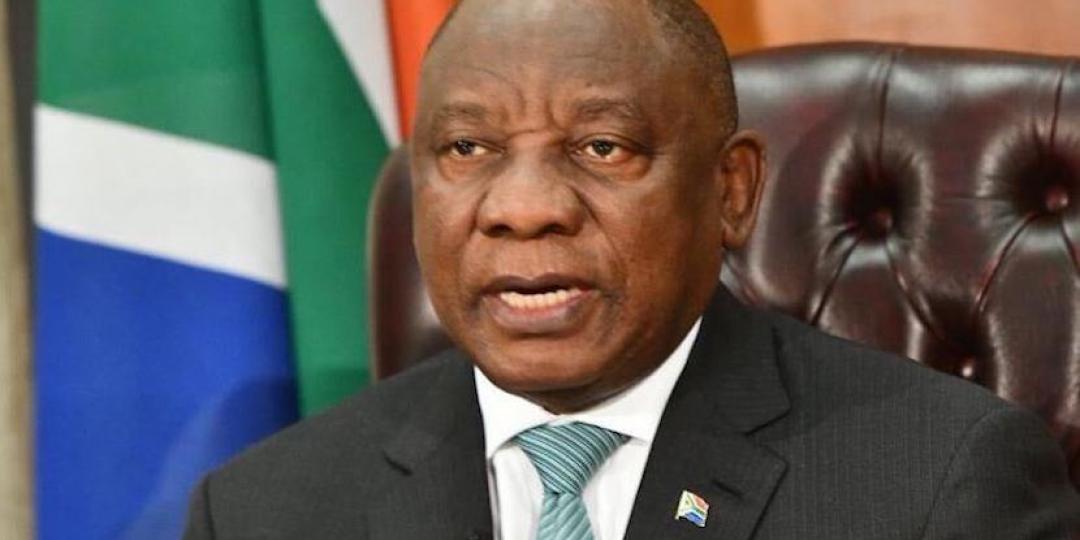The Tourism Business Council of South Africa (TBCSA) will continue to lobby for the reopening of international travel, says CEO of the industry body, Tshifhiwa Tshivhengwa.
He welcomed the opening of inter-provincial travel and the unbanning of alcohol sales as the country prepares to enter lockdown Alert Level 2, noting that it would “go a long way in helping the industry to recover”.
Tshivhengwa was reacting to the announcement from President Cyril Ramaphosa on Saturday (August 15) that, from midnight on Monday (August 17), all restrictions on inter-provincial leisure travel will be lifted.
This means accommodation, hospitality venues and tours will be permitted according to approved protocols that ensure social distancing. Restaurants, bars and taverns will also be permitted to operate according to approved protocols as to times of operation and numbers of people.
Tshivhengwa said domestic tourism relied on interprovincial travel for income generation. “The Free State, Mpumalanga, North West and Limpopo tourism sector relies heavily on travellers from Gauteng for revenue,” he pointed out.
Western Cape Premier, Alan Winde, also hailed the announcement. “As a province, we welcome the announcements, which will impact the tourism, hospitality and agri-processing industries, which are significant job creators in the Western Cape.
“Our provincial government has lobbied for all businesses that can operate safely, to be allowed to do so, and for the domestic sale of alcohol to be reintroduced, with smart interventions in place.”
According to him, alcohol sales can account for up to 80% of sales for restaurants, and for the restaurant and tourism industry to survive, restaurants should be able to sell alcohol.
Tshivhengwa had warned at the beginning of July that mass retrenchments were looming should inter-provincial leisure tourism not be allowed, noting that by the 100th day of lockdown, over R68bn (€3.5bn) in travel and tourism spend had been lost.
“Domestic inter-provincial leisure travel could save thousands of travel, tourism and hospitality jobs,” said Tshivhengwa.
May be ‘too little too late’
Meanwhile, the South African wine industry acknowledged the announcement by President Ramaphosa to resume local trade and distribution of alcohol but said the industry still had a long road to recovery.
Tourism Update reported last week that the travel restrictions, coupled with the ban on alcohol sales, had severely affected wine tourism.
“Although we are grateful to start trading and delivering online sales again, we are dismayed at the extent of the damage caused to our industry during the temporary ban on exports and extended restrictions on local sales,” said Rico Basson, MD of the wine industry organisation, VinPro.
A recent report, released by VinPro, showed that wine tourism directly contributed R2.4bn (€116m) to the country’s GDP. Wine tourism includes activities such as wine tasting, farm restaurants, conferencing and events, wine tours, accommodation and wedding facilities.
The report also found that smaller wineries were the most reliant on tourism, with over 40% of their overall turnover coming from tourism activities. The lockdown has affected this source of income for wine cellars, with potential long-term effects not only on wine production but jobs and sustainability of business, according to wineland authorities.
“It might be too little too late. Many wine businesses have already closed down and a long road to recovery lies ahead for the industry as a whole,” said Basson.



























